The violin has been an important instrument in the world of classical music for centuries, and many virtuosos have made their mark on the instrument’s history. From the classical era to the present day, the violin has been played by countless talented musicians, each with their own unique style and contribution to the instrument. Here are a few typical names on the list of the greatest violinists of all time.
Contents
Baroque era
Antonio Vivaldi
Antonio Vivaldi (1678 – 1741) was an Italian composer, virtuoso violinist, and impresario of Baroque music. He was known for his virtuosic violin playing and his expressive and programmatic compositions, and his concertos for the violin were among the first works to showcase the instrument as a soloist in its own right. One of Vivaldi’s most famous works is his set of four violin concertos called The Four Seasons. Vivaldi was also a prolific composer of vocal music, including operas and sacred choral works. He was the music director of the Ospedale della Pietà, a girls’ orphanage in Venice, where he wrote many of his vocal works and taught music to the young girls who lived there. He is regarded as one of the greatest Baroque composers and his music continues to be widely celebrated and performed today
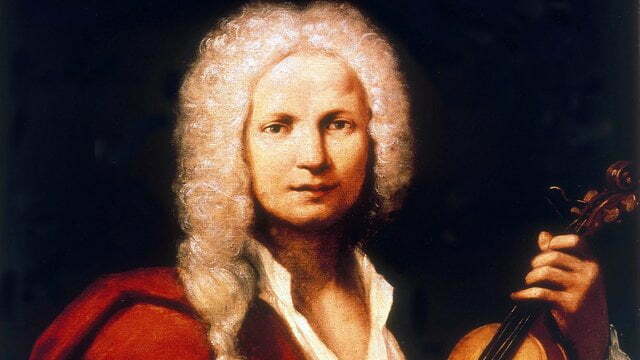
Johann Sebastian Bach
Johann Sebastian Bach (1685 – 1750) was a German prolific composer and musician, writing in a wide variety of genres including cantatas, concertos, suites, and chamber music. He was also an accomplished organist and keyboard player, and his music for these instruments is particularly renowned for its technical complexity and depth of expression. The Mass in B Minor, a monumental choral work that he composed towards the end of his life, is one of his most famous works. It is considered one of the greatest works in the choral music repertoire and showcases Bach’s mastery of counterpoint, harmony, and musical form. Bach’s music was highly influential in his own time, but it was not until the 19th century that his music began to receive the recognition and acclaim that it deserved. He is widely regarded as one of the greatest composers in the history of Western classical music.
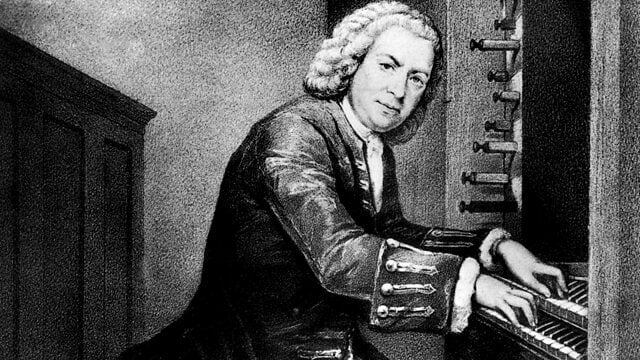
Classical era
Wolfgang Amadeus Mozart
In the classical era, the violin took on a more prominent role in orchestral music, and many famous violinists emerged during this time. One of the most notable was Wolfgang Amadeus Mozart (1756 – 1791), who was not only a gifted composer but also a skilled violinist. Despite his short life, with his genius, he composed at an incredible rate and created more than 800 works of various genres. Many of these compositions are acknowledged as pinnacles of the symphonic, concertante, chamber, operatic, and choral repertoire. His five violin concertos are still beloved by musicians and audiences alike. Mozart is widely regarded as among the greatest composers in the history of Western music, with his music admired for its “melodic beauty, its formal elegance and its richness of harmony and texture”.
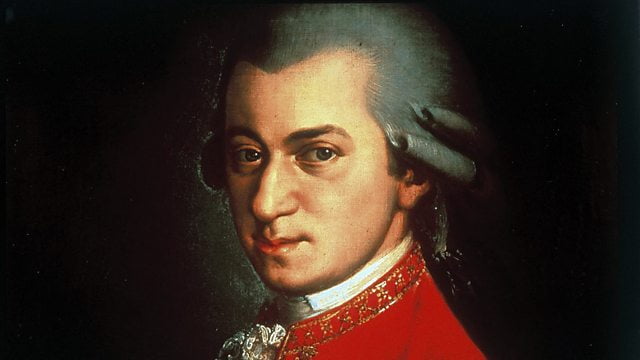
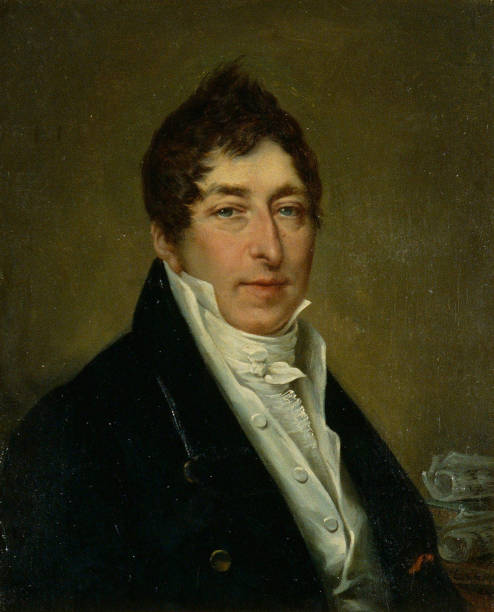
Rodolphe Kreutzer
Rodolphe Kreutzer (1766 – 1831) was a French violinist and composer who was a highly influential figure in the development of violin playing. Kreutzer is perhaps best known for his 42 Études ou Caprices, a set of technical studies for the violin that is still widely used today. These studies helped to develop the technical abilities of countless violinists and continue to be an important part of the violin repertoire.
Kreutzer was also an accomplished composer, and his compositions were widely admired in his time and helped to establish the violin as a prominent solo instrument in the classical music repertoire. Having met in 1798, he became the most respected composer Beethoven knew. Beethoven dedicated a sonata for piano and violin to this famous violinist; the work is now known as the Kreutzer Sonata.
Romantic era
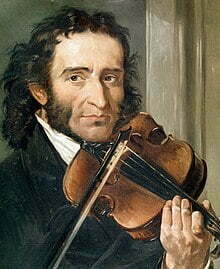
Niccolò Paganini
In the 19th century, the Romantic era brought about a new wave of virtuosity and expression in violin playing. Perhaps the most famous violinist of this era was Niccolò Paganini (1782 – 1840), an Italian composer, and virtuoso who was renowned for his incredible technical ability and showmanship. His compositions and performances pushed the limits of what was thought possible on the violin, and he became a legend in his own time.
Joseph Joachim
Joseph Joachim (1831-1907) was a Hungarian violinist, conductor, composer, and teacher who made an international career, based in Hanover and Berlin. He is one of the most prominent violinists of the Middle and Late Romantic periods. The violinist was known for his deep musicality and technical precision. He was the one who revived Ludwig van Beethoven’s violin concerto. He was awarded works by many famous composers of the time, such as Felix Mendelssohn, Robert Schumann, Max Bruch, Johannes Brahms, and Antonín Dvořák.
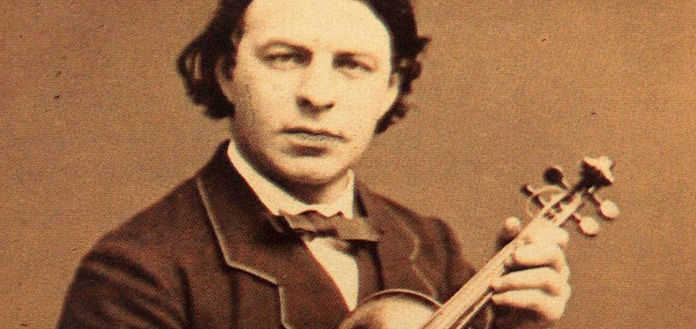
20th century
Jascha Heifetz
In the 20th century, the violin continued to evolve and inspire new generations of musicians. Perhaps the most famous violinist of the 20th century was Jascha Heifetz, a Russian-American virtuoso who was known for his flawless technique and expressive playing. Heifetz was a prolific performer and recording artist, and his influence can still be felt in the world of classical music today.
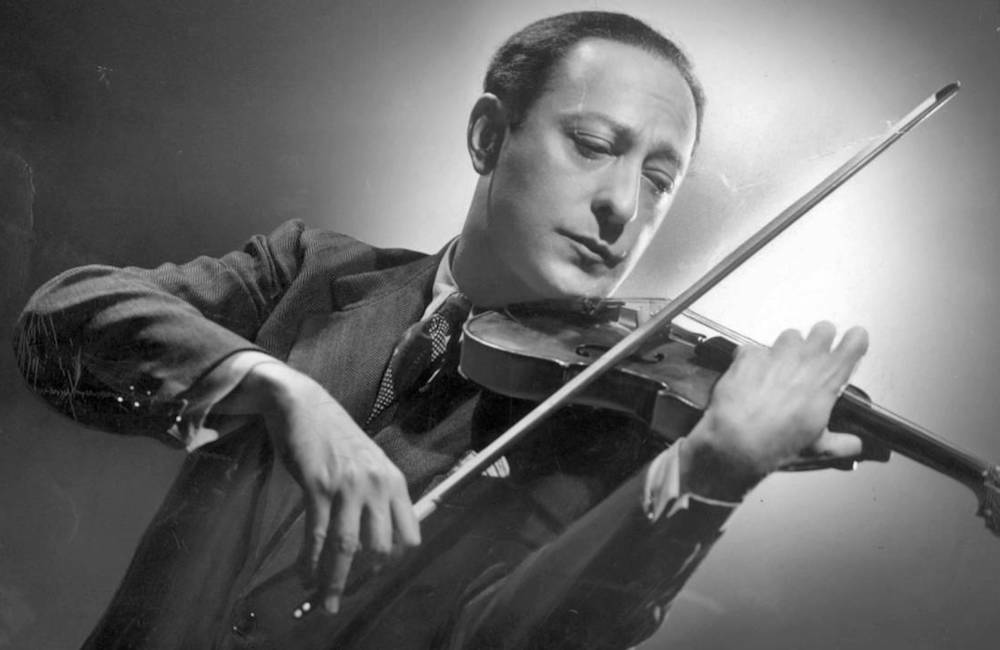
Yehudi Menuhin
Other famous violinists of the 20th century include Yehudi Menuhin (1916 – 1999) – an American-born British violinist and conductor who spent most of his performing career in Britain. He is widely considered one of the great violinists of the 20th century. He played the Soil Stradivarius, considered one of the finest violins made by Italian luthier Antonio Stradivari.
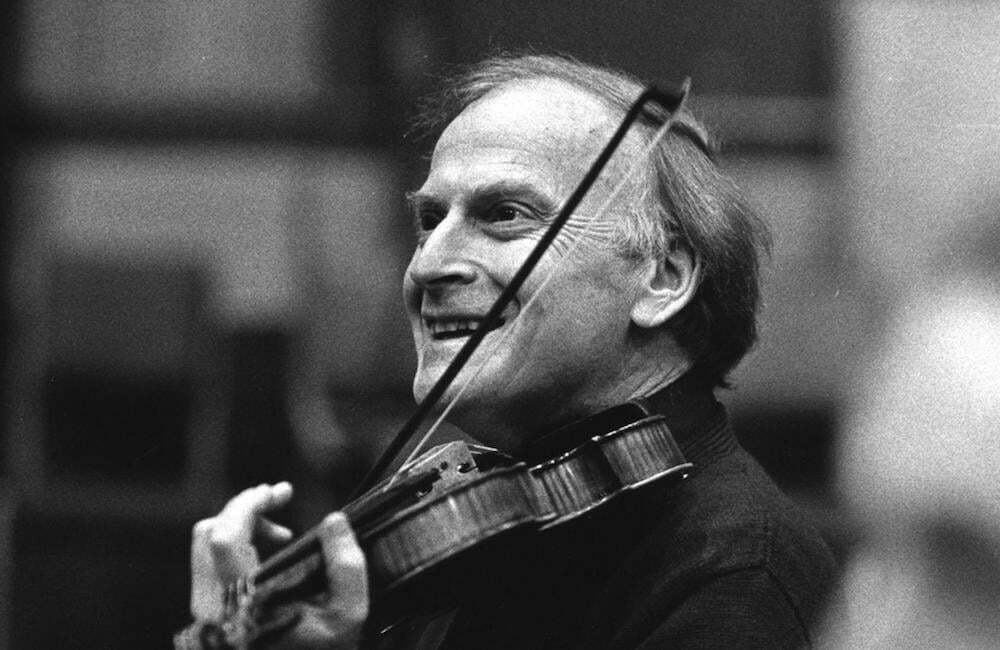
Above are some of the most famous and influential violinists throughout history. Visit our blog to read more our amazing and useful articles.
